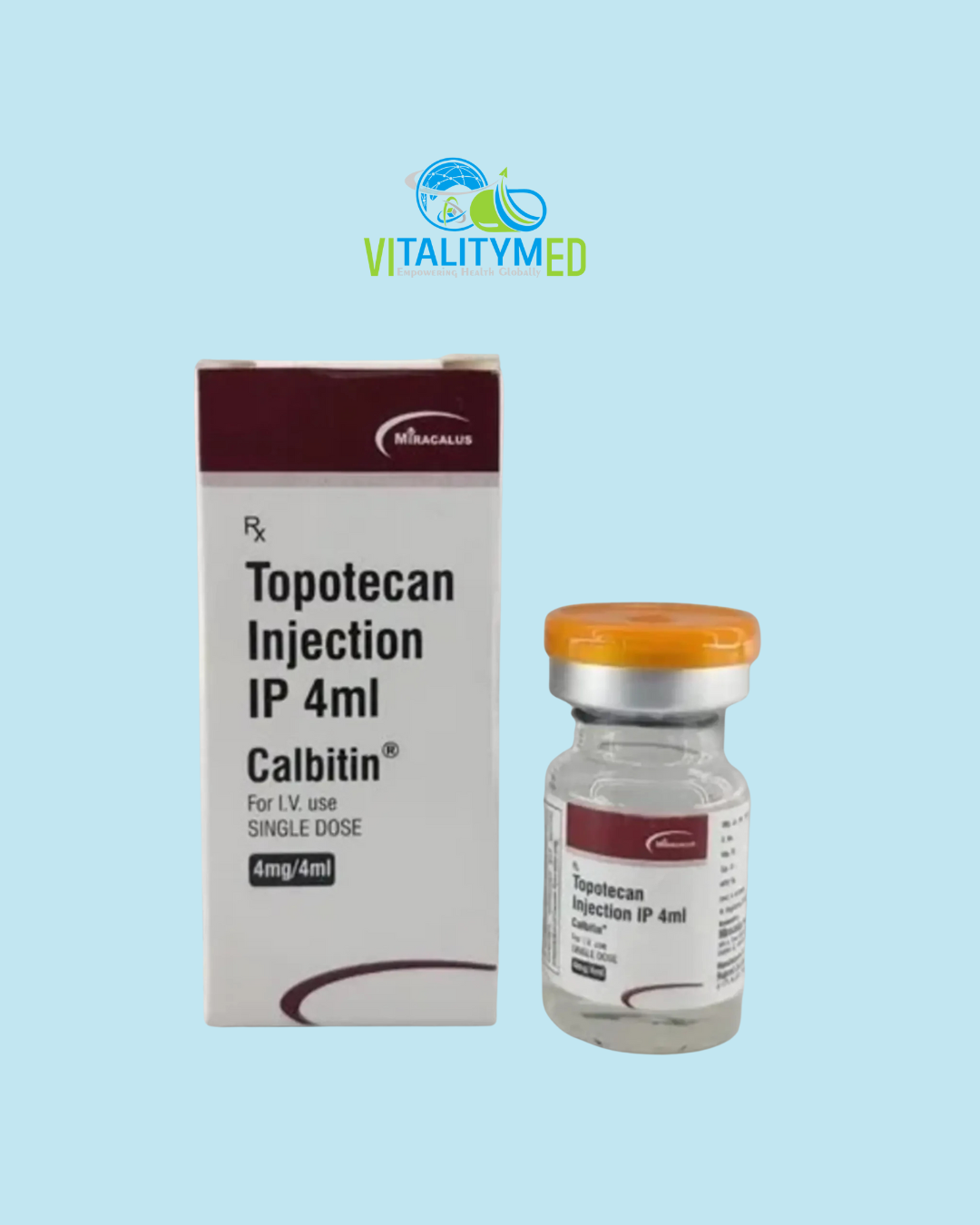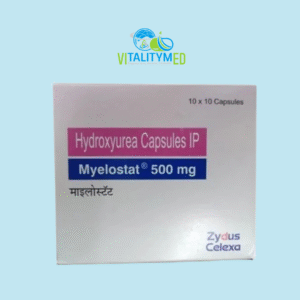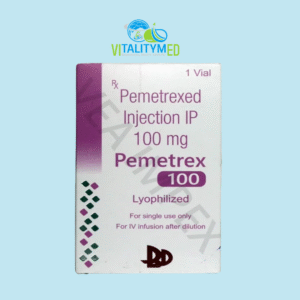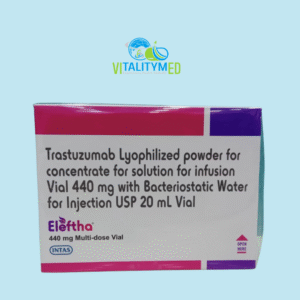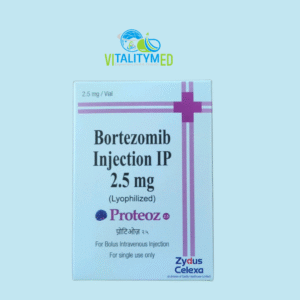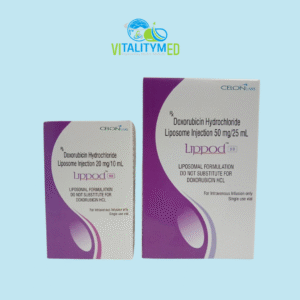Calbitin contains topotecan, a chemotherapy medicine used for the treatment of specific types of cancer. It belongs to a class of drugs called topoisomerase I inhibitors. Topotecan is primarily used in cancers that have either relapsed or are resistant to other treatments. It can be administered intravenously or orally, depending on the formulation and clinical condition. Calbitin is often selected for its ability to slow or stop the growth of cancer cells that divide rapidly.
Mechanism of Action
Topotecan works by interfering with the function of topoisomerase I, an enzyme crucial for DNA replication. During cell division, topoisomerase I helps unwind DNA, allowing the cell to duplicate its genetic material. Topotecan binds to this enzyme-DNA complex and prevents it from re-sealing the DNA strand after it has been cut. This disruption causes DNA damage, ultimately stopping cell division and leading to cancer cell death.
By selectively targeting rapidly dividing cancer cells, topotecan helps slow disease progression while sparing some normal cells.
Uses
Calbitin is indicated for the treatment of:
-
Ovarian cancer that has not responded to or has relapsed after initial chemotherapy
-
Small cell lung cancer, especially when the disease has progressed after first-line therapy
-
Cervical cancer, often in combination with cisplatin, particularly for recurrent or advanced disease
Adverse Effects
Common Side Effects
-
Tiredness or fatigue
-
Nausea, vomiting, or decreased appetite
-
Hair thinning or hair loss
-
Diarrhoea or constipation
-
Mild abdominal discomfort
Hematological Side Effects
-
Decrease in white blood cells, increasing risk of infection
-
Low platelet count, which may lead to easy bruising or bleeding
-
Anaemia, resulting in fatigue or breathlessness
-

